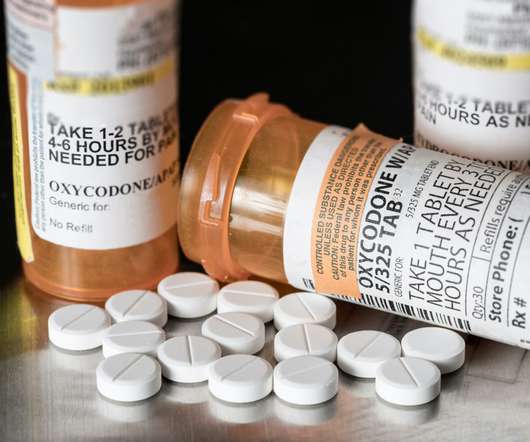Could the Road to an AKS Violation Be Paved with Good Intentions? Pfizer Asks SCOTUS
FDA Law Blog
NOVEMBER 6, 2022
Pfizer manufactures tafamidis (sold under brand names Vyndaqel and Vyndamax), a breakthrough treatment for a rare, progressive heart condition called transthyretin amyloid cardiomyopathy (ATTR-CM). The Second Circuit’s Interpretation of the AKS and its Mens Rea Element. Background.














Let's personalize your content